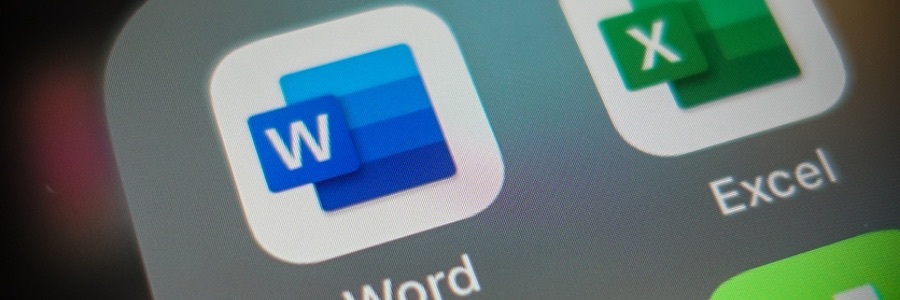Keeping employee productivity up, maintaining operational efficiency, and streamlining communications are just some of the challenges in today’s hybrid workplace. Fortunately, organizations can overcome these problems with the help of Microsoft 365's dynamic new features.
Microsoft 365’s must-try features for hybrid workers
5 Savvy Gmail features you should try
Your business needs a business continuity plan — here’s why
Your password may not be secure — update it now
How updated firmware keeps cyberattacks at bay
Master OneNote in no time

OneNote is a useful program that lets you create and share digital notebooks containing handwritten or typed notes, drawings, screen clippings, audio commentaries, and more. This takes your note-taking to another level, allowing you to integrate multimedia as well as share notes and collaborate with other users.
Improve your password management profile with single sign-on
Fix these unpleasant-looking website elements now

According to the cliché, one shouldn’t judge a book by its cover. But in marketing, looks do matter. Having an attractive website design is often your first opportunity to make a good impression on potential customers. So if your site’s looks aren’t up to par, visitors may close the web tab and you lose the chance of making a sale.








